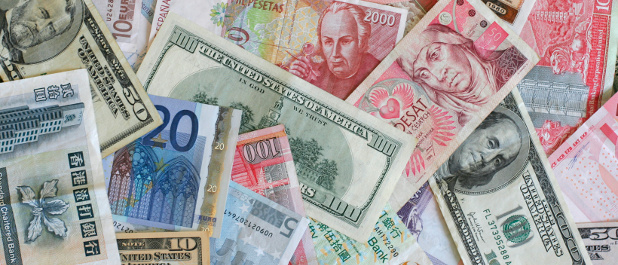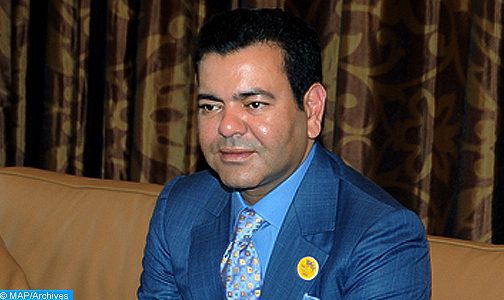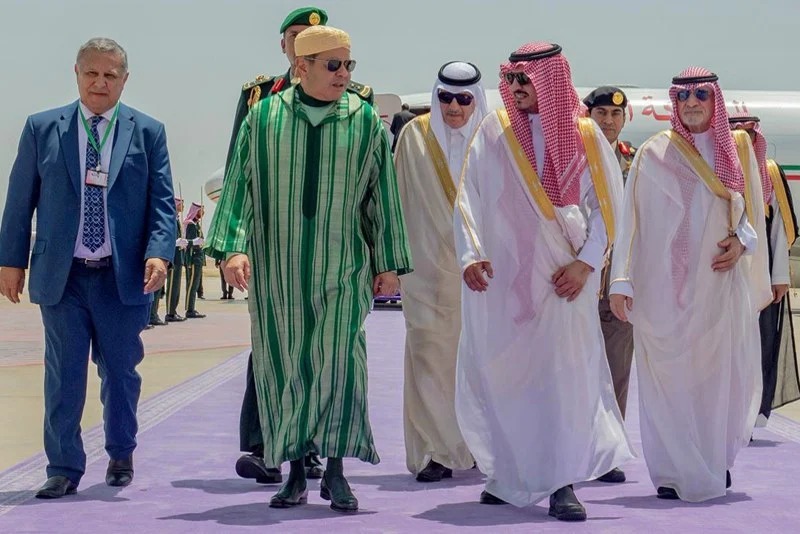In the mid of the 2008 financial meltdown, countries from the periphery injected their hard-won money into the rescue of Western financial institutions and near-defaulting governments. Those events have definitely cleared the way for the arrival of new powers on the international scene, showed in the rush at calling up an enlarged G-20 in early 2009, with ex-peripheral countries taking the center stage of the international arena. Buttressed by sustained economic growth and large financial resources, new powers have driven Asian, Latin American and Arab regions into the new poles of economic growth and financial power, behind an incipient transformation of the world economy from a US dominated system toward a multipolar one.

Soon these surprising changes have been reflected in the international monetary arena. New powers started to promote the use of their currencies in trade and settlements in an effort to stave off the consequences of loose monetary policies engineered by central banks of developed economies. The serial implementation of ‘Quantitative Easings’ by the US Federal Reserve, the return of Bank of England under the clout of the Exchequer, the rescue policy of sovereign debt crises deliberated by the European Central Bank, and, last but not least, the Abenomics in Japan, offered ample reasons for emerging countries to look after their own currencies, propping up their use, and, eventually, preparing for their internationalization.
In this context, monetary multipolarity – no wonder – has raised great alarms over the challenges that the new multipolar currency system is set to pose to the greenback and the US pyramid-shaped monetary power. In fact, what Connally once said when addressing a gathering of European finance ministers – “The dollar is our currency, and your problem!” – was immediately translated into an imperative for the new powers to act swiftly to solve their own problems.
In Asia, the Chinese renminbi, or RMB, has established itself as the anchor currency for the highest dynamic economic region in the world. Yet, other currencies are also coming. In the Arab region, as Dr Syed Abul Basher of the Central Bank of Qatar writes, “the decoupling of the ‘oil price and federal funds rate’ and ‘oil price and the dollar’ in the recent decade makes a strong case against the sustainability of the dollar peg for the GCC countries. Further, the recent implementation of QE3 (widely dubbed as ‘QE Infinity’) by the Federal Reserve implies keeping the federal funds rate at the near zero level until mid-2015, while the US dollar is likely to continue to fall as a result of Federal Reserve’s latest round of money printing”. The cost of continuing, via a dollar-pegging, in importing an ultra-easy monetary policy (and the resulting weakness in the US dollar) will be heavy to bear for the GCC (Gulf Cooperation Council) economy. Against this backdrop, there is a strong rationale for GCC countries to accelerate a currency union – a single currency could play a kind of anchor currency in larger Arab region that would include also the MENA economies, whose large populations and growing economies could play the same important role much like the broader Asian region vis-à-vis the RMB.
Evidence of the feasibility of this objective is that, in the middle of the Arab Spring, the GCC countries extended invitations to Jordan and Morocco to become members of the Gulf Cooperation Council (GCC). The invited members are geographically and historically odd. Neither Jordan nor Morocco can be considered part of the Gulf, as one is in the Arab East, and the other in North Africa. But this move has definitely a good economic rationale – among others, the GCC membership is a big incentive for Morocco and Jordan as their membership would open up both countries to new investment from the Gulf. Moreover, the GCC membership could potentially help them find way to reduce fuel subsidies, as rising energy costs have resulted in fiscal deficits for both, and have ignited social unrest in their countries.
But there is yet another important reason. Robert Mundell, the Nobel Prize winner in Economics in 1999, who is regarded as the “father of the Euro”, advocates in favor of an Arab-region single currency. Democratic uprisings in North Africa and a strong Saudi Arabia leadership provide a valid basis to introduce a common currency in the region. As Robert Mundell pointed out, “In the new situation in the Middle East, (…) I think those countries will go back to the common currency idea, because I think it is basically a good idea for those countries to solidify their currencies and their economies. I think to integrate is a big plus-plus for them, with no negatives.”
At these very critical times for the whole region, expanding the GCC bloc would facilitate political will to gradually implement measures leading the common currency while also boosting the much-needed investments to increase economic growth in the region. Ultimately, the ongoing crisis gives the idea of a common GCC currency a sense of urgency – as Qatar’s Minister of Finance and Economy, Youssef Kamal, declared in 2008 in the opening address of a meeting of finance ministers in Jeddah, Saudi Arabia: “The financial crisis in the US underscores the region’s need for common structures and without a common stock market and a single currency, the region may not be able to weather financial storms in the future.”


